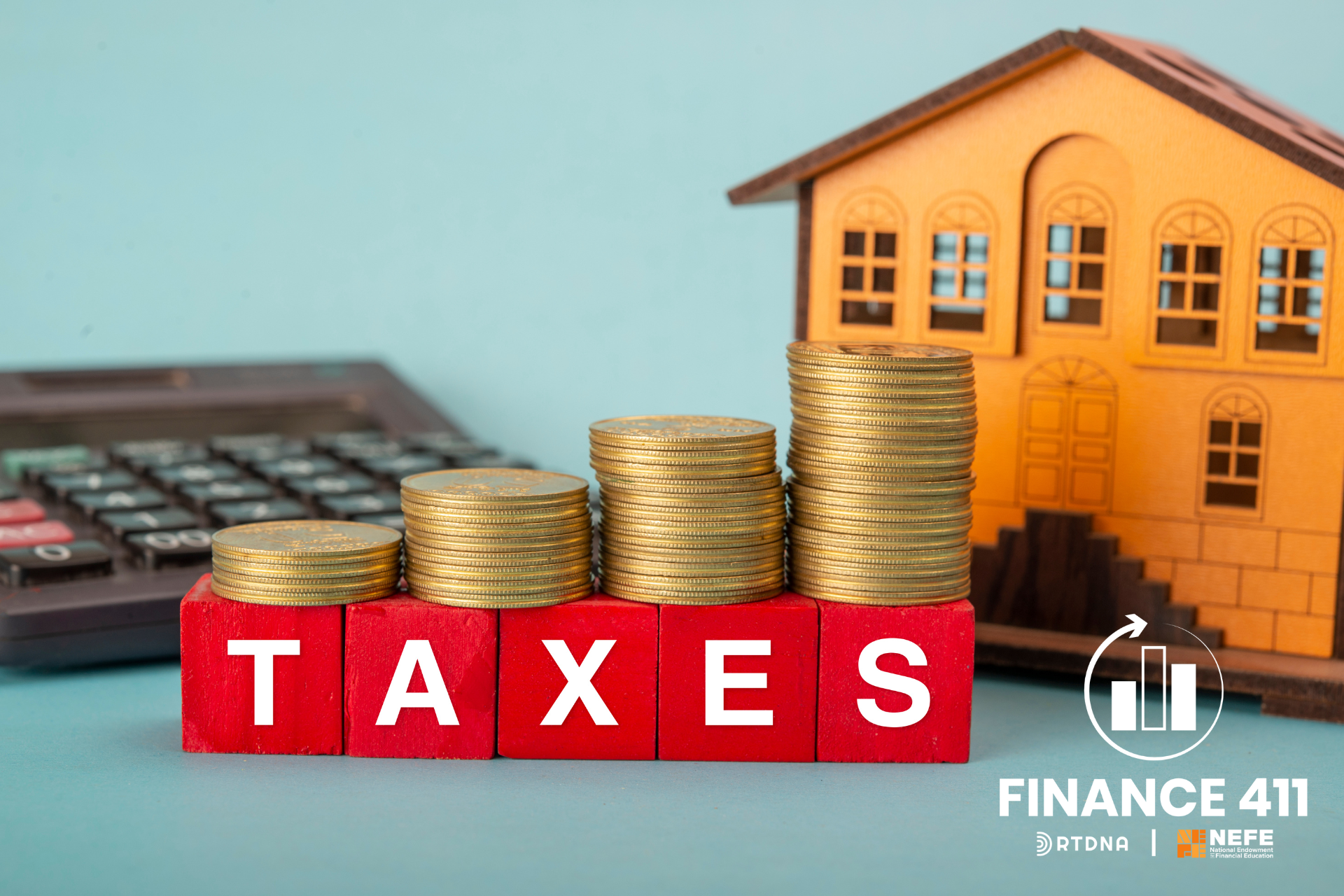Rising property taxes offer ample reporting opportunities

By Molly McCluskey
State and local officials across the nation are struggling to meet the challenges posed by rising property taxes. These debates often center on a core issue: Property taxes, long used to fund essential government services on which residents rely, are becoming too expensive for residents to pay.
Property taxes, which apply to all commercial and residential properties, are assessed based on a property’s value. They’re calculated on a local basis and are determined by a municipality’s and state’s tax rates. As home values have dramatically increased since the pandemic, so too have taxes.
Some states, like Colorado, are attempting to alleviate that burden while ensuring funding for schools and higher education won’t be compromised. In Nebraska, a bill is up for debate in the legislature that would cap local spending and potentially eliminate certain tax exemptions. In Indiana and elsewhere, it’s become a campaign issue ahead of the fall elections.
Whether journalists are covering local budgets, state-wide campaigns or personal finance, property tax issues will be a pressing issue for the foreseeable future.
“So, on the one hand, it tends to be a very positive development when one has home ownership over a prolonged period of time because of the tendency of that asset to increase in value,” said Mark Hamrick, Senior Economic Analyst at Bankrate. “On the other hand, we're probably going to have to pay more for property taxes and insurance, and have increased liabilities as homeowners.
“Then for governments, it's an opportunity for them to capture more tax revenue, whether homeowners would like that to happen or not.”
Property tax notices are typically mailed to owners of residential and commercial real estate annually. They can be contested, but Hamrick advises the expense and costs of doing so for individuals might simply be delaying an eventual tax increase. While homeowners bear the brunt of property taxes, renters also should be aware that an increase in property taxes of their rental property could directly relate to an increase in their rent.
Information on local taxes will often be posted through a municipality’s or county’s tax assessor’s website. State websites, such as Virginia’s, can provide an overarching guide. The National Association of Realtors has information on property taxes for homeowners and real estate professionals. The Internal Revenue Service’s Publication 530 provides information on property tax information for homeowners. There also are a number of tax relief programs in effect at the local, state and federal levels for people experiencing natural disasters.
While there may be relief options available for rising property taxes, many people will simply pay their tax bill without contesting.
“If we're members of a community, living in a municipality, a county, a state, or within a nationality, all of those government entities require revenue to operate,” Hamrick said. “Tax collection is immensely unpopular but the reality is that government cannot operate without tax revenue. The question is, what is the cost? What is the effectiveness? What is the government doing?
“I look at paying property taxes as part of the bargain of living in a certain area, but what the price or cost of that tax may be is certainly something that would be up for debate and is obviously part of an ongoing process that is never going to be written in stone.”
Journalists covering property taxes might cover tax-related agenda items at a town council’s meeting; a community-wide petition to contest assessments; transparency around how assessments are set; discrimination in assessments by neighborhood, class or race; the correlation between rent control and an increase in property taxes; and/or if any services are increased or eliminated in the town budget as a result of property taxes being increased, or decreased through relief programs.
ADDITIONAL RESOURCES
Molly McCluskey is an award-winning journalist who has written for The Atlantic, The Washington Post, Rolling Stone, New York Magazine, National Geographic and more. View her work and get in touch via mollyemccluskey.com.
Finance 411 is a bi-monthly feature, presented by RTDNA and the National Endowment for Financial Education.
